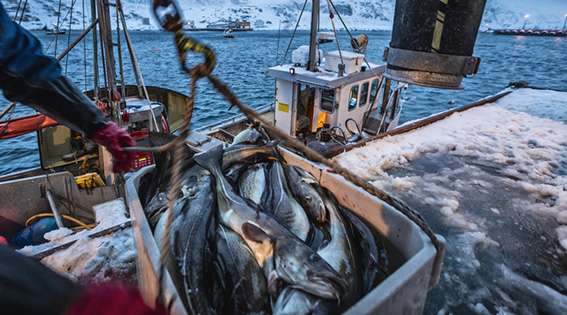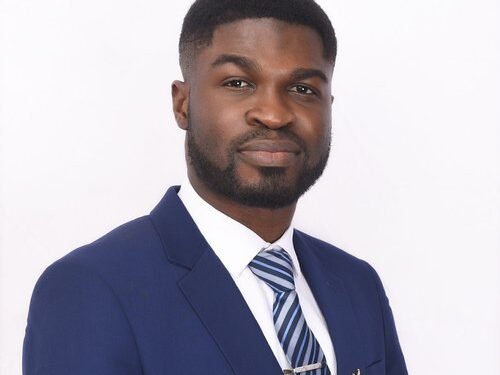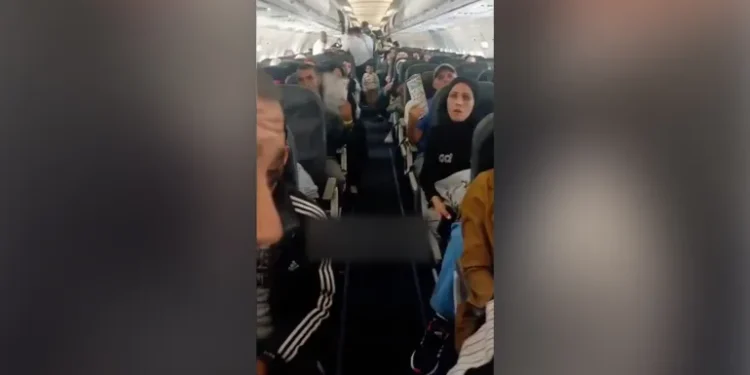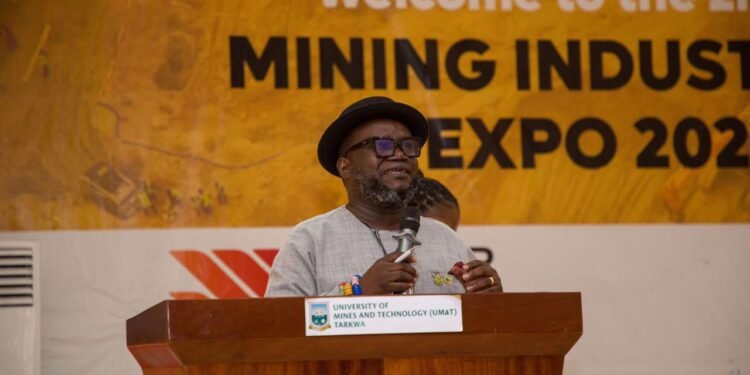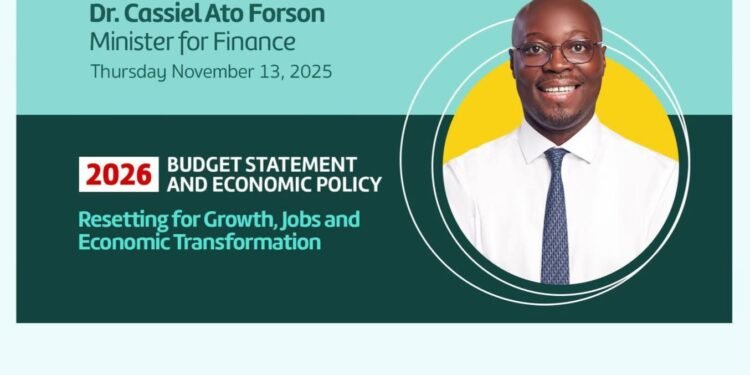CERATH Development Organization, implementers of the Power to the Fishers Project (PTF), has trained 3,215 fishers on technology adoption, fish handling, and enterprise development.
Dr. Lucille Abruquah, the Country Director for CERATH Development Organization, said the project has supported five graduate students of the Centre for Coastal Management at the University of Cape Coast towards research in thematic project areas. The Organization has also facilitated social protection coverage for 2,864 community members through the project, Dr. Abruquah disclosed.
Dr. Abruquah made this known during the Year three Learning Workshop in Accra. The workshop aims to raise awareness of the PTF project among strategic sector partners and provide a forum for disseminating findings from research on premix administration and delivery.
The overall objective of the project is to enhance the socio-economic livelihoods of fishing communities within selected districts of the coastal savannah zones of Ghana. The project areas are Effutu Municipal, Awutu Senya East, Ekumfi, Gomoa West, and Shama districts, with beneficiaries being fish processors and fishers.
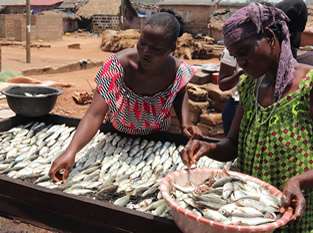
CERATH workshop sheds light on VSLA success story
Dr. Abruquah said within three years of its implementation, the project had achieved great success in line with its objectives. These successes include multi-party advocacy on Saiko, which has led to the cessation of illegal transshipment of fish into Ghanaian waters.
“Six communal fish processing centers and 30 units of ovens have been constructed under the ‘stove host’ model,” she revealed.
The event served as a platform for the project team to share accomplishments made with the Village Savings and Loans Association (VSLA). The Country Director said 2,864 community members have subscribed to the protection schemes, which raised over GHc264, 000 this year. She said before these were achieved, the team had a two-day in-house training to build the PTF project team’s capacity on VSLA.
Dr. Abruquah said the CERATH organization strive to be catalysts of change in the fisheries sector. Therefore, the project aims to promote development in the industry, one intervention at a time, she added.
Collaborate with Fisheries Commission to address challenges
Mr. Paul Bannerman, Deputy Executive Director of the Fisheries Commission, said the small-scale fisheries have a mirage of issues that need to be addressed, like the Illegal, Unregulated, and Unreported fisheries.
He said there was the need for all stakeholders to collaborate with the Commission to address these challenges that confront the sector.
“We can learn from each other to improve the country’s fish governance. There is also the need to strengthen research and develop schemes to improve monitoring and evaluation of the fish stocks. We can strengthen and improve institutional capacity to enforce co-management while involving the private sector in the governance to improve extension services along the value chain.”
Mr. Paul Bannerman
The project is a four-year fisheries management intervention, which commenced in 2019 and funded by the European Union. Many experts in the fishery sector have lauded the European Union for such an initiative and called for more interventions in areas such as this.
READ ALSO: Mercedes-Benz Recalls Close to 1 Million Cars Globally

